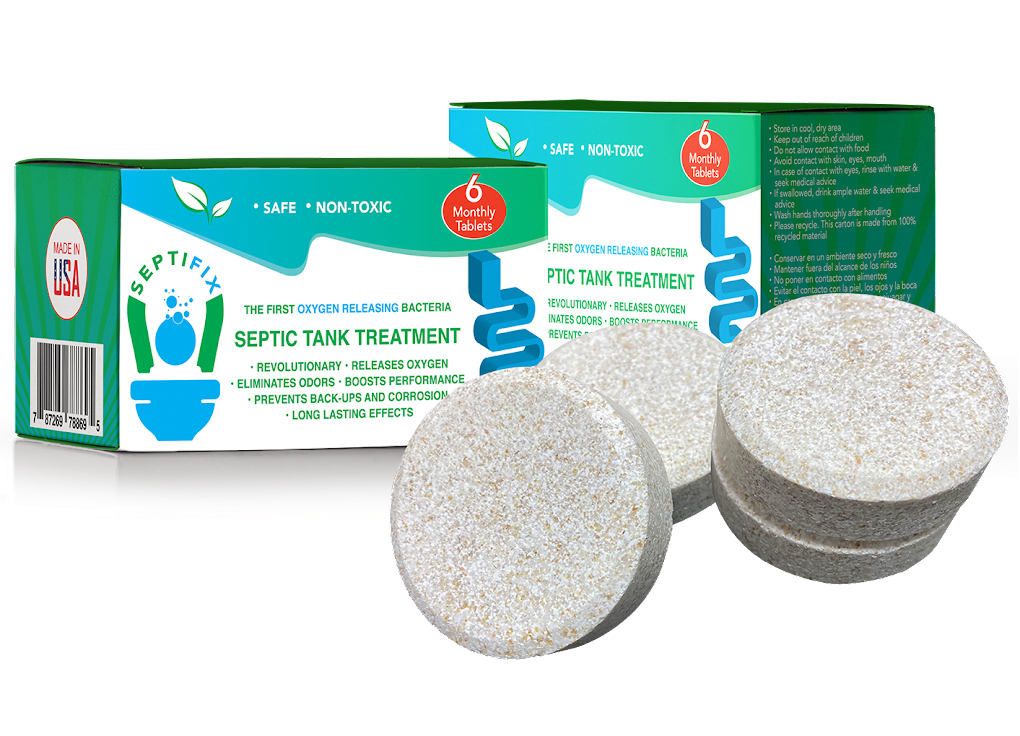Septic systems, in their core essence, operate based on a delicate balance of microbial activity that breaks down organic waste. Introducing foreign substances, especially chemicals and non-biodegradable items, can seriously disrupt this balance, leading to a slew of problems. These threats, often lurking in our daily household items, can wreak havoc on septic tank functionality if not addressed correctly.
Causes:
- Household Chemicals: Common household cleaning agents, solvents, or even certain medications can have chemicals that are detrimental to the beneficial bacteria in septic tanks. Without these bacteria, the breakdown of organic waste slows down or halts, leading to potential blockages or system failures.
- Paints and Oils: Disposing of leftover paints, varnishes, or oils down the drain might seem convenient, but they can coat the inner walls of the tank and pipes, inhibiting bacterial activity and causing blockages.
- Non-Biodegradables: Items like sanitary napkins, diapers, wet wipes, and even certain types of toilet paper don’t decompose easily. When flushed down, they accumulate in the tank, taking up valuable space and leading to overflows or backups.
Prevention:
- Mindful Disposal: Every homeowner should be acutely aware of what goes down their drains. It’s essential to read product labels and understand which substances can harm the septic system. Avoiding the disposal of harmful chemicals and ensuring only septic-safe items get flushed is a critical first step.
- Natural Cleaners: Instead of relying on harsh chemical cleaners, homeowners can opt for natural alternatives. Baking soda, vinegar, and lemon juice, for instance, are effective cleaning agents that won’t harm the microbial balance in the septic system.
- Trash Bins in Restrooms: Placing conveniently located trash bins in bathrooms can deter individuals from flushing non-biodegradable items down the toilet. This simple measure can significantly reduce the risk of blockages and overflows.
- Awareness Campaigns: For households with multiple members or frequent visitors, it might be beneficial to run small awareness campaigns. This could be in the form of signs near toilets or regular reminders about what shouldn’t go down the drain.
- Regular Inspections: Periodic tank inspections can help identify the buildup of non-biodegradables early on. Pumping services can then be scheduled before the problem escalates.
In sum, chemicals and non-biodegradable items represent a silent threat to the longevity and functionality of septic systems. These contaminants, often used or disposed of without a second thought, can culminate in significant damages and hefty repair bills. By cultivating awareness and adopting preventative practices, homeowners can protect their septic systems, ensuring they operate seamlessly and serve the household for many years.

SEPTIFIX will save you hundreds, if not thousands of dollars each year, because your septic system will run smoothly and you won’t have to worry about calling the pumpers or a plumber for a fix!
Click here to save up to 50%


